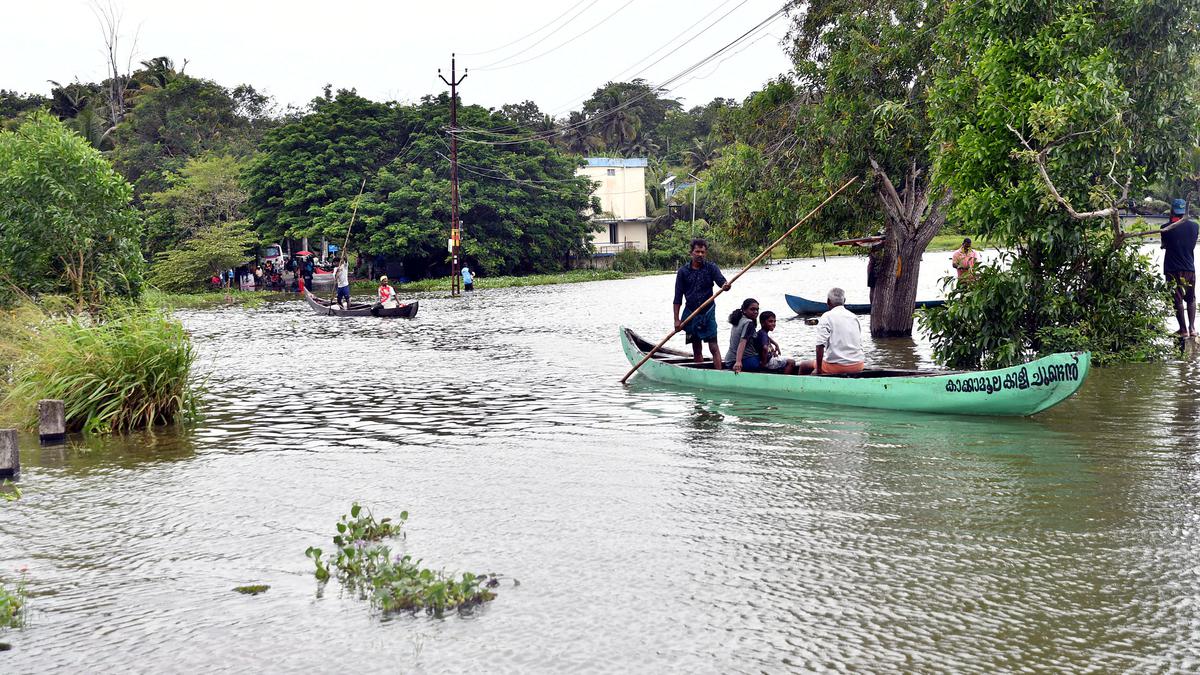A fever ward at a hospital in Hyderabad where patients with dengue have been admitted. Cases of viral fever have been spreading in the city for the past few days
| Photo Credit: NAGARA GOPAL
Patients who recovered from dengue are at a higher chance of developing long-term health complications, compared to those who had COVID-19, in the year following initial infection, according to a study amongst Singapore residents.
The study found that patients who suffered from dengue have a 55 per cent higher risk of developing heart complications, such as an irregular heartbeat rhythm and blood clots, compared to patients infected with the viral COVID-19 infection.
While dengue is a viral disease transmitted to people through the bite of an infected mosquito, COVID-19 is caused by the virus SARS-CoV-2.
Researchers, led by Nanyang Technological University, Singapore, also found that dengue patients had about a 200 per cent higher chance of cognition or memory problems, and movement disorders, compared to COVID-19 patients.
The study, published in the Journal of Travel Medicine, analysed tests and medical insurance claim records of over 11,700 patients of dengue and over 12 lakh patients of COVID-19. The researchers looked for newly arising health problems of the heart, brain and immune system that appeared between month and 300 days (less than a year) after the initial infection.
“Dengue is one of the most common vector-borne diseases globally, and long-term health issues resulting from dengue can substantially increase the healthcare burdens of the infected person and the country,” lead author Lim Jue Tao, an assistant professor of infectious disease modelling at Nanyang Technological University, said.

Among the participants, 0.9 per cent in the dengue group and 0.5 per cent in the COVID-19 one developed heart-related conditions. About 0.3 per cent in the dengue group and 0.1 per cent in the COVID-19 group developed cognition and memory disorders, while 0.2 per cent in the dengue group and 0.1 per cent in the COVID-19 group developed movement-related problems, the authors said.
Previous research by the authors suggested an increased risk of similar long-term health complications among both dengue and COVID-19 patients.
“Overall, our study underscores the need for people to guard against dengue in their environment and can be a resource to support public health planning,” Jue Tao said.








